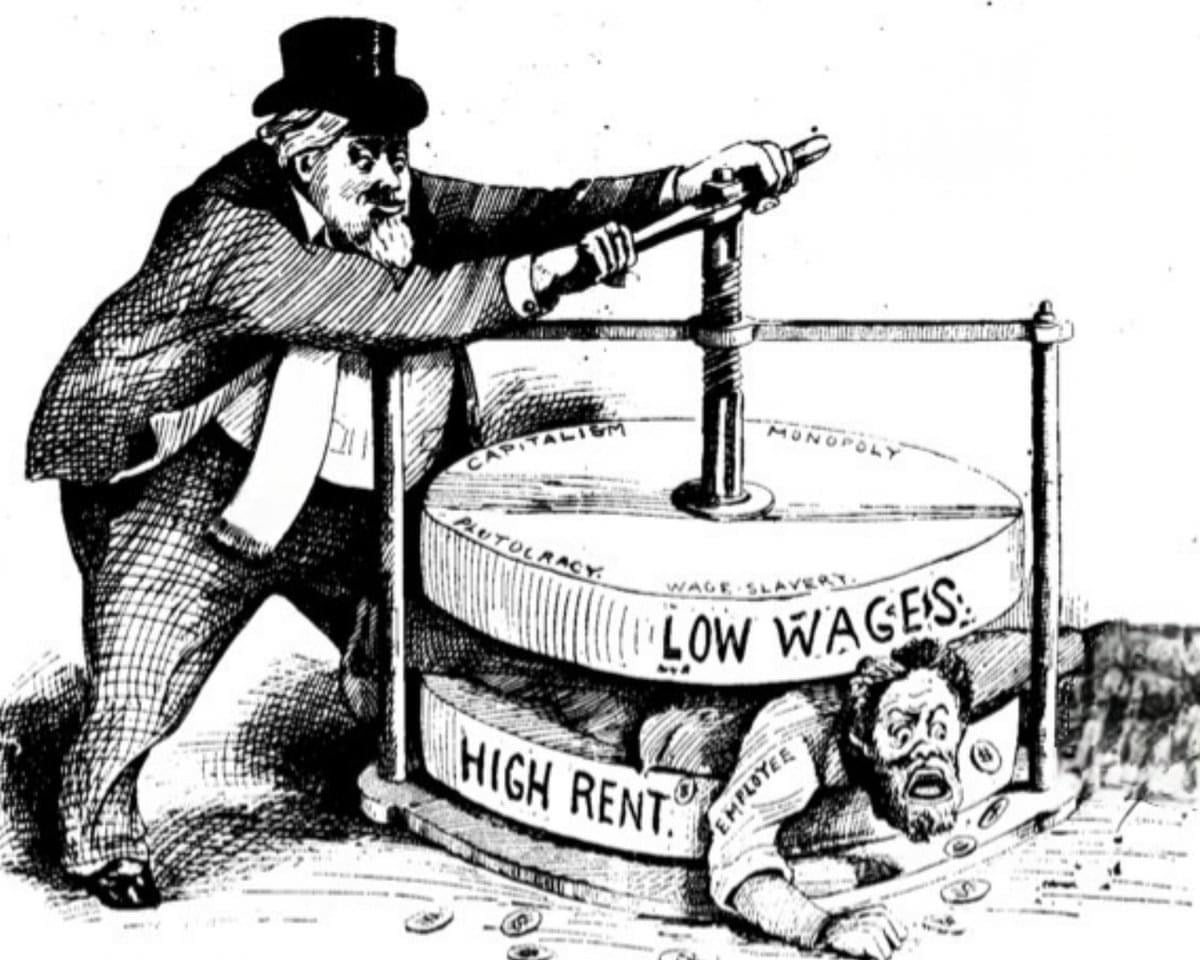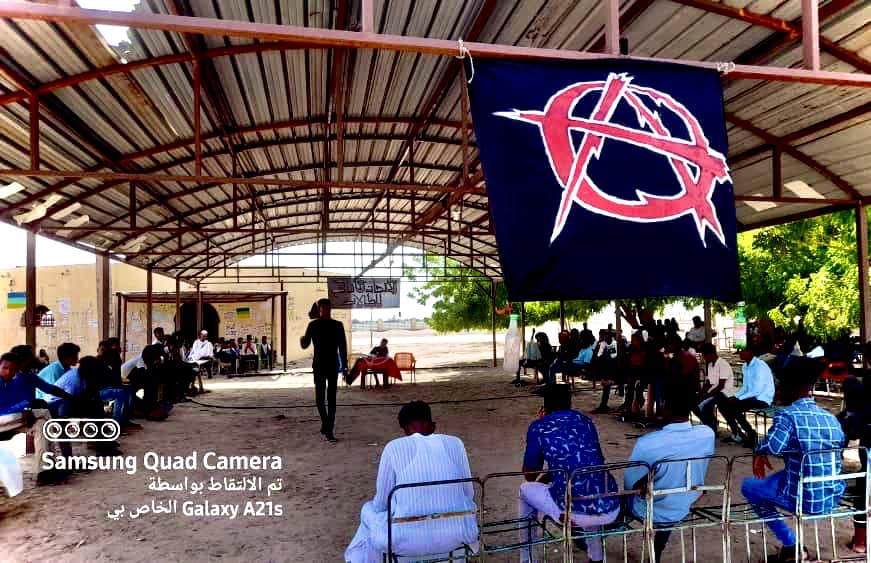The Radical Housing Journal is a timely new open-access journal delving into the varied effects of housing developments and offering a refreshing look at the state of radical housing movements, moments, and manifestations worldwide. It is genuinely global in its reach (not just Western Europe and the USA) and offers a diverse range of articles, comments, and features making it a highly accessible and enjoyable journal not only in its format but also in its content.
The journal’s manifesto explicitly recognises the need for academic scholarship to work with grassroots practitioners in generating and sustaining resistance. They highlight the “systemic inequalities in how our housing environments are produced and reproduced” and as such aim to speak “both to academic and non-academic, grassroots activists, practitioners and policy-makers concerned with housing injustices globally and active in responding to such a concern.” This suggests that the journal is attempting to be radical not only in the subjects chosen for analysis but also in their approach and ethos towards these housing, homelessness, and resistance. This is an important distinction when so much academic writing chooses radical social movements as a subject but lacks the radical analytical framework to truly see the significance of their interventions on a systemic level.
The first issue (available for free online) covers a broad analysis of the state of housing post-2008 crash, a longer piece delving into the nitty-gritty of liquid tenancies, and case studies of resistances and alternatives from Puerto Rico to Manila to Paris, The Philippines, San Paulo, Detroit and South Africa. Aside from these more long-form academic articles they also have dedicated sections for “conversations” and “updates” where activists, practitioners, and academics engage in discussion and analysis of trends, trajectories, successes and failures of the varied responses to the global housing crisis.
The journal does not prioritise one kind of housing struggle above others; short term “experiments” and temporary installations are given the same consideration and critique as longer-term movements and broad-based struggles: a perspective that is refreshing given the often derisive approach by much academic analysis towards shorter term urban contestations such as temporary squats and occupations or provocative direct actions. In doing so it debunks the idea that short-term equates to failure and instead encourages a more imaginative analysis of the importance of the short-term alongside the long-term.
The tone of the journal articles is critical, as good analysis should be, but is also fundamentally uplifting and hopeful regarding the potential of radical struggle and resistance. Despite failures and set-backs, radical housing movements are galvanising, gaining traction, support, learning and sharing new skills and connecting with each other across the globe. By placing these diverse case studies alongside each other the journal challenges attempts to isolate and individualise specific struggles and instead suggests and encourages one to view individual campaigns and projects as part of a broad tapestry of resistance, diverse and global in its nature.
Every article is available to freely read on their website and the journal is run by a broad collective who are open to new contributors, ideas, and participants on a rolling basis. I strongly encourage you to check them out and get involved!
Rowan Tallis Milligan
@rowantalks








